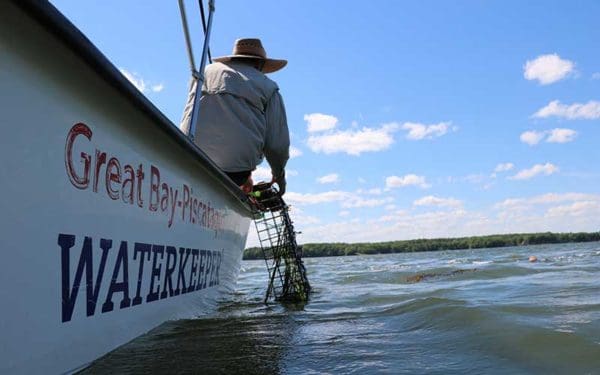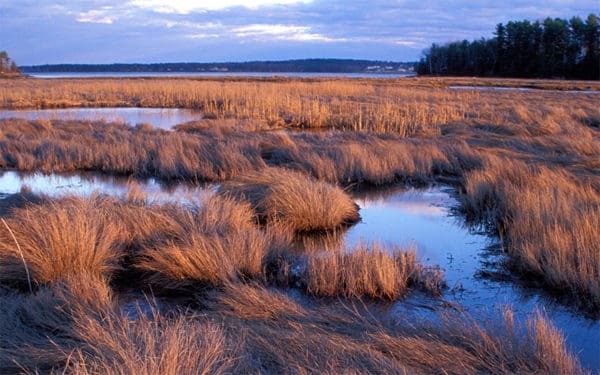Restoring Eelgrass Could Bring Life Back to New Hampshire’s Great Bay Estuary
Through a eelgrass restoration pilot project, CLF and our partners hope to learn how to help bring life back to the Great Bay Estuary.

Through a eelgrass restoration pilot project, CLF and our partners hope to learn how to help bring life back to the Great Bay Estuary.

We just launched a pilot project to see if eelgrass harvested in one area can be transplanted successfully in another. What we learn will help us understand if we can jumpstart the recovery of the ecosystem that depends on this underwater plant.

From multimillion-dollar investments to win-win collaborations, good news from New Hampshire’s Great Bay give us reasons to celebrate in 2020. Taken together, these stories remind us that when communities act boldly, we can turn the tide on pollution and restore the health of the rivers, bays, and coast in the Seacoast region and beyond.

The Great Bay-Piscataqua Estuary is an incredible place. It’s home to numerous fish and bird species and provides spectacular fishing, boating, and recreation for the people of New Hampshire, Maine, and beyond. But persistent high levels of nitrogen pollution have disrupted these waters, and while progress is being made, some municipal officials are fighting against the changes that can save Great Bay.
